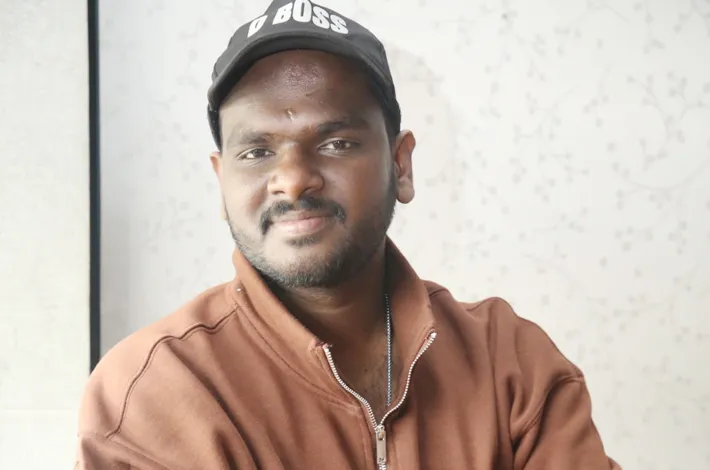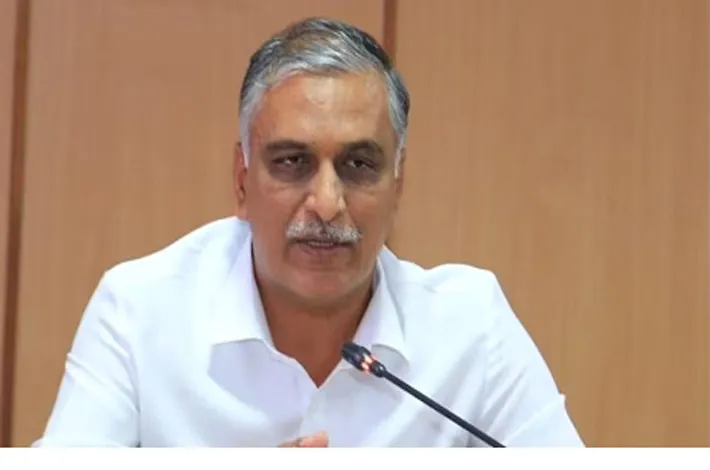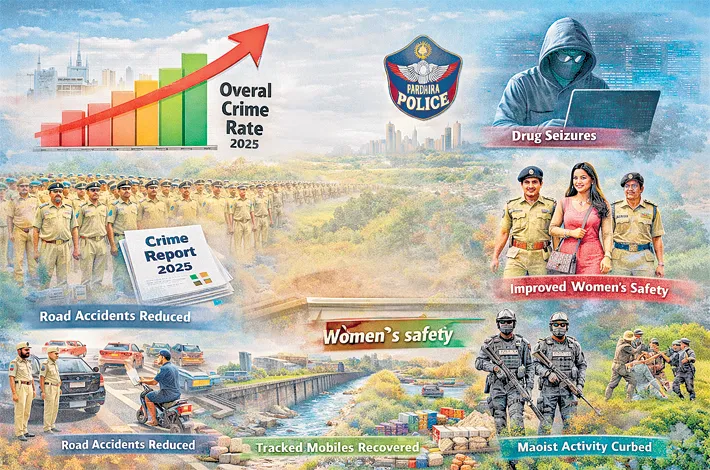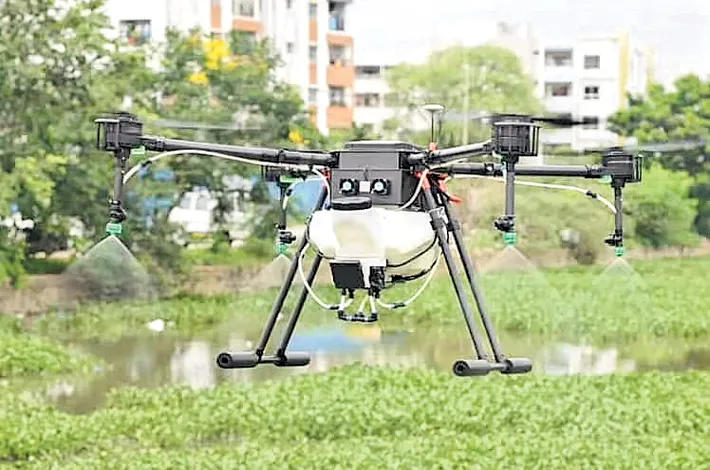AP Finance Minister Payyavula Keshav suggests key reforms at GST meet
23-12-2024 01:38:09 AM
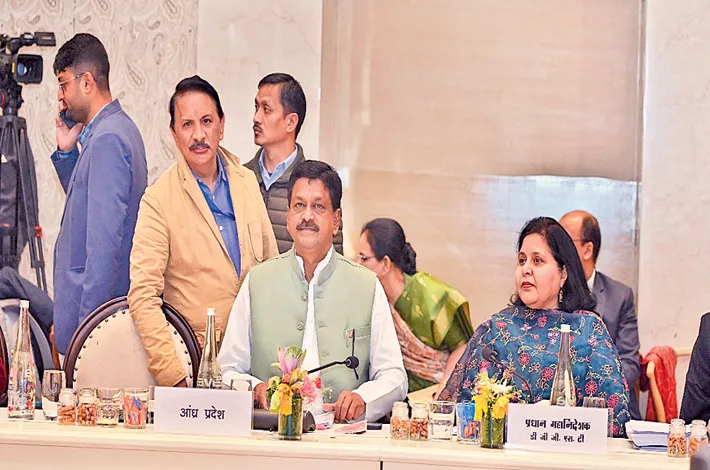
Minister Keshav proposed introducing a 1% flood cess on goods taxed above the 5% GST slab for intra-state transportation
Metro India News | AMARAVATI
The 55th GST Council meeting, held in the historic city of Jaisalmer, Rajasthan, witnessed the active participation of Andhra Pradesh Finance Minister Payyavula Keshav. Representing Andhra Pradesh’s interests, Keshav made compelling suggestions for reforms in the GST framework while advocating for the state’s specific needs.
During the meeting, Minister Keshav discussed several critical issues related to GST policy changes that impact both Andhra Pradesh and the nation. His suggestions were particularly focused on supporting key sectors and promoting innovation while ensuring economic balance.
He also took the opportunity to emphasize Chief Minister Chandrababu Naidu's proactive measures for economic reforms, which have been receiving national recognition. Finance ministers from various states praised Andhra Pradesh's leadership and highlighted the positive outlook the state has garnered at the national level following the change in government.
Minister Keshav proposed introducing a 1% flood cess on goods taxed above the 5% GST slab for intra-state transportation. This cess would not affect the poor or the middle class, as it would be levied on luxury or non-essential items. The revenue generated would be exclusively used for relief and rehabilitation efforts in flood-affected regions of Andhra Pradesh, a measure inspired by Kerala's flood cess implemented during the 2018 floods.
He urged the council to exempt research services conducted by government and private institutions from GST as the aim is to promote innovation and encourage collaboration between public and private entities in scientific and technological advancements. Advocating for the underprivileged, the minister recommended reducing GST on fortified rice distributed through ration schemes, ensuring greater affordability for the poor.
The minister stressed the need for a more transparent Integrated GST (IGST) settlement system and proposed that states be given better access to IGST-related data to enable seamless revenue distribution and accountability. Further, Minister Keshav called for the removal of the Reverse Charge Mechanism (RCM) on rent payments for small business owners and GST composition taxpayers. This move, he stated, would ease compliance burdens and provide much-needed relief to small traders.
The finance minister emphasized leveraging technology to simplify GST registration processes while ensuring robust mechanisms to prevent bogus registrations. These measures, he said, would enhance the efficiency of GST administration and improve the overall business environment.
Keshav’s keynote address received widespread appreciation from finance ministers of other states, who commended his clear articulation of Andhra Pradesh’s requirements while offering practical solutions for GST reforms. Several ministers acknowledged the balance Keshav struck between presenting the state’s needs and suggesting national-level policy adjustments.
In response to Keshav’s detailed proposals, the GST Council immediately formed a sub-committee to examine the recommendations. Union Finance Minister Nirmala Sitharaman thanked Keshav for his well-thought-out suggestions.





